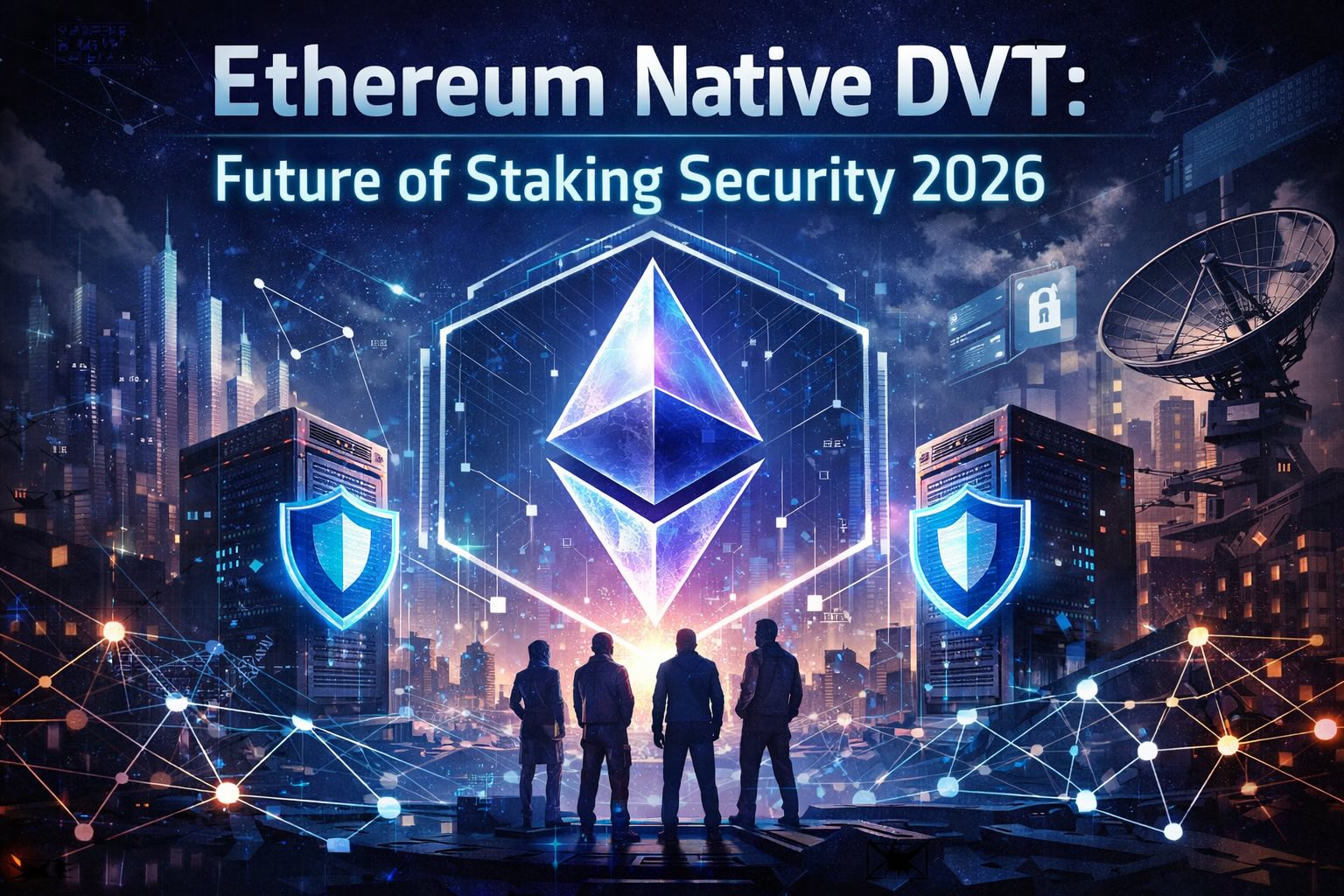BNB Chain
BNB Chain: BEP20, Tokenomics, and Smart Chain

BNB Chain is a blockchain network developed by Binance to enhance the performance, scalability, and accessibility of decentralized applications (DApps), digital assets, and tokenized economies.
BNB Chain includes two main components: the BNB Beacon Chain, responsible for governance and staking, and the BNB Smart Chain (BSC), which supports smart contracts and is compatible with the Ethereum Virtual Machine (EVM). This dual architecture enables developers to build, deploy, and operate high-performance DApps at low costs, appealing to users and projects alike.
With the BNB Chain’s rise, understanding its components—such as the BEP20 token standard, BNB’s tokenomics, and the function of BNB Smart Chain—has become essential for navigating this ecosystem effectively. In this guide, we’ll dive into these components, outline the benefits of using BNB Chain, and offer insights on how to begin exploring this versatile blockchain.
What is BNB Chain?
BNB Chain is a high-performance blockchain designed to support the needs of decentralized finance (DeFi) projects, gaming applications, and other digital platforms requiring scalable infrastructure. Developed by Binance, BNB Chain consists of the BNB Beacon Chain, which handles governance, staking, and security aspects, and the BNB Smart Chain (BSC), which enables the development and execution of DApps through compatibility with the Ethereum Virtual Machine (EVM).
This dual structure gives BNB Chain an edge by combining decentralized governance with scalable smart contract functionality, making it a preferred blockchain for many developers and users.
With BSC’s compatibility, developers can easily port Ethereum-based applications to BNB Chain, while users benefit from the network’s low fees and fast transaction speeds. The BNB Chain ecosystem supports various token standards, including BEP20, which facilitates token creation and interoperability across the network.
Understanding BEP20 Tokens
BEP20 is the standard for creating and managing tokens on the BNB Smart Chain, designed to provide interoperability between different tokens and applications. Similar to Ethereum’s ERC20 standard, BEP20 sets rules for token transfers, balances, and allowances, ensuring consistency across tokens within the BNB ecosystem. BEP20 tokens can represent anything from digital assets and stablecoins to governance tokens.
They are essential for developers creating new digital assets on BNB Smart Chain, providing a straightforward and standardized framework. With BEP20, developers can deploy their tokens without needing to build from scratch, benefiting from BNB Chain’s low-cost and fast infrastructure.
Additionally, BEP20 tokens can be easily transferred between wallets and integrated into DApps on BNB Chain, making them ideal for DeFi applications and other blockchain-based services. This standard has accelerated the adoption and growth of BNB Smart Chain, making it accessible and attractive to users worldwide.
Tokenomics of BNB
BNB, the native token of the BNB Chain, plays a crucial role in its ecosystem. Its tokenomics include:
- Utility: BNB is used to pay transaction fees on the BNB Chain, participate in token sales, and more.
- Burn Mechanism: Binance conducts periodic burns of BNB to reduce its total supply, aiming to increase scarcity and potentially enhance value.
Figment - Staking: Users can stake BNB to support network security and earn rewards.
Key Features of BNB Smart Chain
- EVM Compatibility: Allows developers to port Ethereum-based applications to BSC with minimal changes.
- Dual Chain Architecture: Enables seamless transfer of assets between BNB Beacon Chain and BSC, providing users with flexibility.
- High Performance: BSC offers fast block times and low transaction fees, making it suitable for high-throughput applications.
BNB Chain Docs
How to Get Started with BNB Smart Chain
- Set Up a Wallet: Use wallets like MetaMask, configured to connect to BSC.
- Acquire BNB: Purchase BNB through exchanges and transfer it to your wallet.
- Explore DApps: Access various decentralized applications available on BSC.
Advantages of Using BNB Chain
- Low Transaction Fees: BSC offers significantly lower fees compared to other networks.
- Fast Transactions: Quick block times ensure efficient processing of transactions.
- Growing Ecosystem: A wide range of DApps and projects are continually being developed on BSC.
Start Your Ethereum Staking Journey with ChainLabo
BNB Chain, with its robust infrastructure, BEP20 token standard, and efficient tokenomics, provides a versatile platform for developers and users alike. Its compatibility with Ethereum and focus on performance make it a compelling choice in the blockchain space.
For those interested in staking and exploring digital currencies, ChainLabo offers secure and user-friendly solutions. With a focus on transparency and efficiency, ChainLabo provides tools to help you navigate the evolving world of blockchain technology.
Frequently Asked Questions About BEP20 and ERC20
Q1. What is the difference between BEP20 and ERC20 tokens?
BEP20 is a token standard on BNB Smart Chain, while ERC20 is on Ethereum. Both serve similar functions but operate on different networks.
Q2. How does BNB's burn mechanism work?
Binance periodically buys back and burns BNB tokens to reduce the total supply, aiming to increase scarcity and value.
Q3. Can I use Ethereum DApps on BNB Smart Chain?
Yes, due to EVM compatibility, many Ethereum DApps can be deployed on BSC with minimal modifications.
Q4. What wallets support BNB Smart Chain?
Wallets like MetaMask, Trust Wallet, and Binance Chain Wallet support BSC.
Q5. How do I stake BNB?
You can stake BNB through various platforms that support BSC staking, earning rewards for participating in network security.
Disclaimer:
The information provided here on BNB Chain and related token standards is for informational purposes only. Users should conduct independent research before engaging with BNB Chain or any blockchain technologies, as risks like market volatility, transaction fees, and security vulnerabilities may arise. Staking, using DeFi applications, or acquiring digital assets on BNB Chain involves financial risks.






